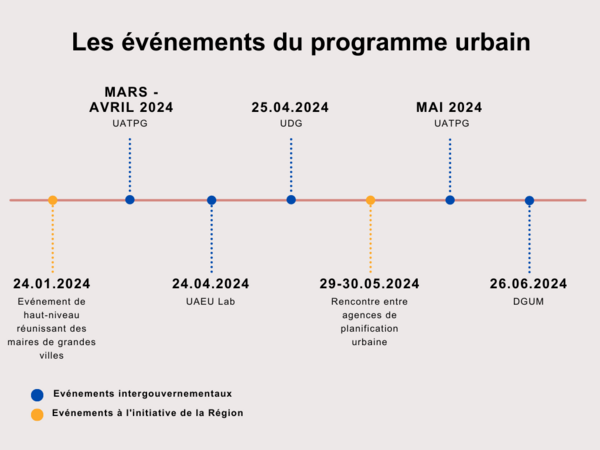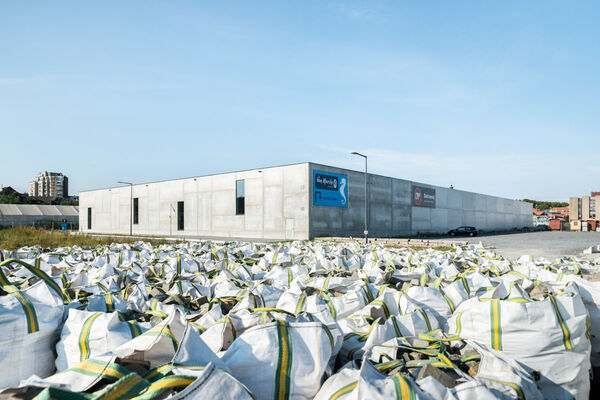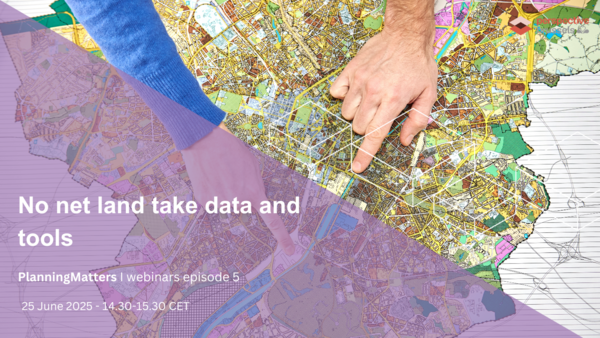- Home
- Urban projects
Urban projects
The territory of the Brussels-Capital Region is constantly developing. Learn more about our urban projects (French or Dutch)
- Urban issues
Urban issues
Housing, facilities, economy, land... perspective.brussels collects and analyses the data essential to the development strategy of the Region. Learn more about these urban issues (French or Dutch)
- Statistics and analyses
- Planning tools
- Who are we?
Belgian Presidency of the EU: a study into the impact of European regulations on land use
Posted on 22 May 2024
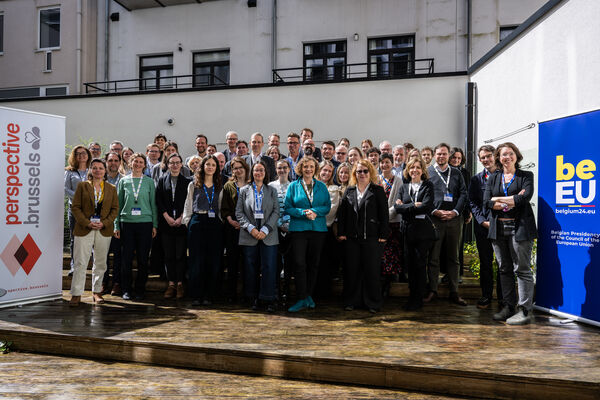
© Belgian Presidency of the Council of the European Union / Julien Nizet

© Belgian Presidency of the Council of the European Union / Julien Nizet
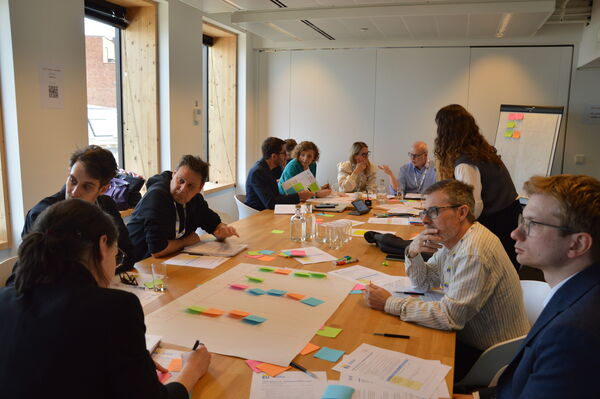
© perspective.brussels
In the context of the Belgian Presidency of the European Union, Perspective wanted to bring the issue of urban planning to the forefront in European discussions.
An observation ...
Although urban development is not one of the EU's areas of competence, European regulations in other fields have a direct impact on land use and urban planning. However, this impact is not sufficiently taken into account at the European level, which makes implementing these regulations at local level extremely difficult.
... to explore
With this in mind, Perspective has launched a study exploring how EU policies and regulations can have an impact on urban planning, and identifying how European institutions can better involve cities and planners in the development and implementation of these European policies and regulations.
The study is based on a series of interviews with experts and analysis of documents and data.
An event for feedback and consultation
On 24 April, Perspective brought together experts from cities, regions, Member States and European institutions to present and discuss the initial findings of this study.
The following are the first observations to emerge from the analysis:
EU regulations and policies have a major impact on land use;
the impact is different depending on which aspect is given priority: housing, economic activity, green spaces, agricultural areas, etc.;
there is a discrepancy between the objectives of EU regulations and policies and their practical implementation at the local level;
the Urban Agenda for the EU has looked into the question of land use, but with little impact on European regulations;
'Territorial impact assessments' are a useful tool, but not widely used;
spatial planning experts are only involved to a very limited extent in debating and preparing EU regulations and policies that affect them;
intergovernmental cooperation on urban issues (UDG/DGUM) is only involved to a very limited extent in, or even informed about, EU regulations and policies which impact on land use.
After the study was presented in plenary session, the participants were invited to comment on the preliminary conclusions and recommendations of the study, and to brainstorm on potential new recommendations during workshops.
The results of these workshops will be incorporated into the study. The final study will be presented on 25 June at the joint intergovernmental meeting of the Directors General on Urban Matters (DGUM) and on Territorial Cohesion (DGTC) of the 27 Member States.

